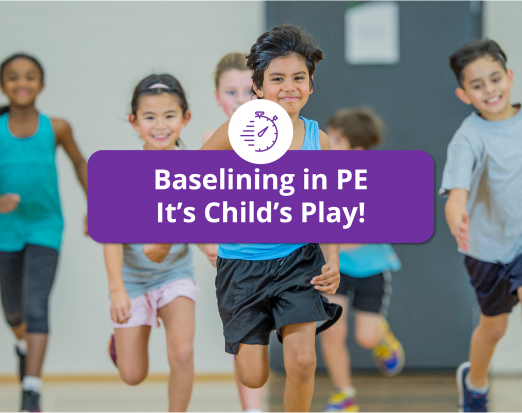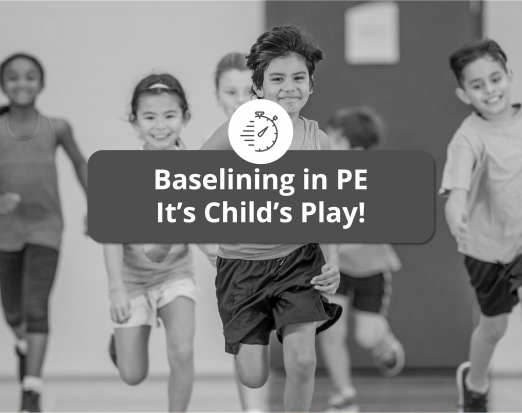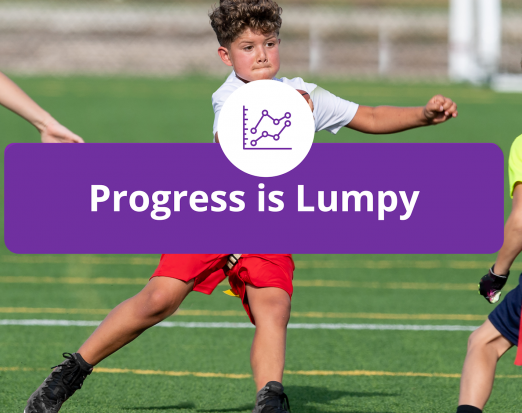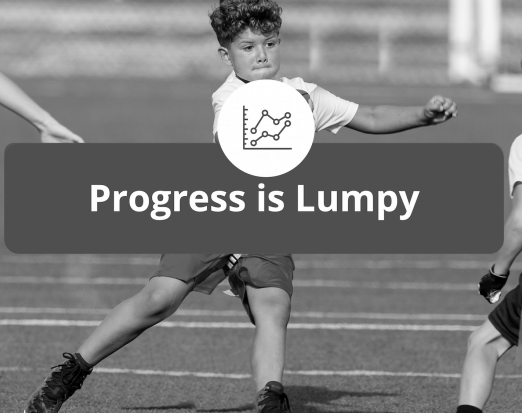Hands Off Our Kids! Primary Schools Reject Government Plans for Early Testing
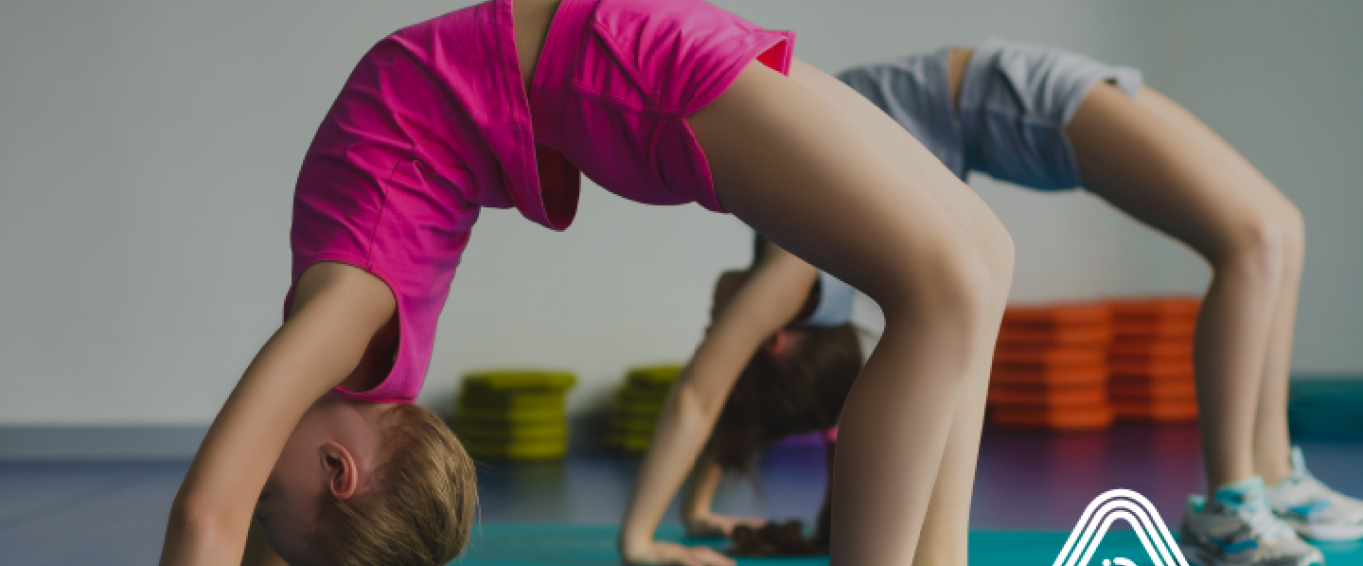
In recent weeks, the news has been full of prickly headlines about teachers. Whether it’s criticism of government policies, revelations about food bank use, or struggles with overwork, there has never been a tougher time for schools.
For primary and preschool teachers, there’s controversy over claims that early education is a ‘false start’ for kids. They believe ministers are trying to eliminate active play in favour of rote learning in subjects like maths and science. The move would leave less time for physical movement and creative learning, processes that are critical to early development.
It’s a growing source of contention for inspectors. While schools have embraced research that says physical play is vital for learning, the government seems resistant. It continues to push for early testing, despite evidence that preschool exams have no impact on academic performance in later years.
The Fight for Physical Learning
Scientists believe physical literacy is the real indicator of future prospects. Children who move regularly have bigger brains than those with less active lifestyles. The hippocampus – responsible for learning and memory – is enlarged by exercise. Time spent running, jumping, and climbing positively correlates with response times, recall, and concentration.
Countless studies show proof of the link and they are multiplying all the time. The idea that physical literacy is somehow separate to cognitive development is just not accurate. Regular exercise enhances learning by increasing blood and oxygen flow to the brain. Nourishing the body feeds the mind.
The link is even clearer when it comes to Fundamental Movement Skills. They provide the foundation for all physical actions. With the ability to control speed, strength, agility, and coordination, kids can advance to throwing, catching, kicking, and eventually reading and writing. Once again, there is no separation between physical and cognitive literacy.
Nourish the Body, Feed the Mind
Think about it this way. In order to learn how to hold a pen, kids must first learn to handle and manipulate larger objects. It requires a transition from gross motor to fine motor skills. The two abilities are part of a progression. One enables the other. In light of this, it makes even less sense to push preschool pupils into early testing.
Preschool and primary exams are not a viable test of intellect. They evaluate skills that are yet to develop. At this age, the truest test is observation. How much exercise is the child getting? Can they kick a football? Are they able to run fast without wobbling? Do they show an interest in climbing and exploring their environment? Can they hold and pass objects?
Teachers are already asking the right questions. Now, it’s time for the government to follow suit.
Amaven works closely with schools to improve physical literacy. Our Healthy Schools Programme provides a complete system for boosting fitness levels and supporting cognitive development in primary age pupils.
To find out more, give us a call on 0161 300 9172.
